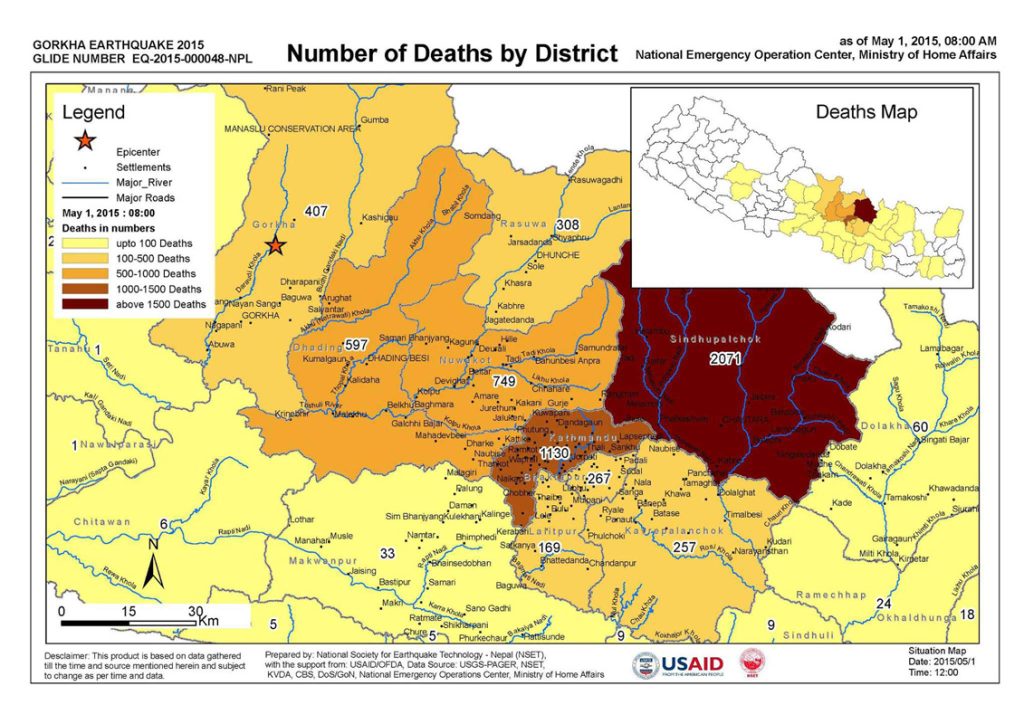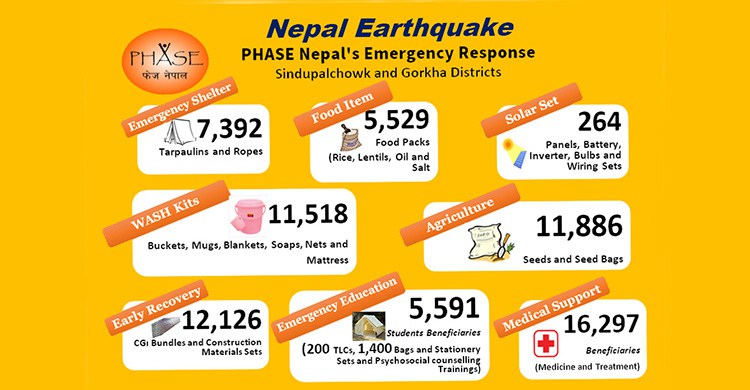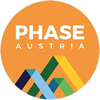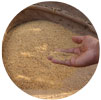PHASE Austria immediately supported PHASE Nepal’s emergency measures. We also managed to raise a total of 83,000 Euros in funds restricted to disaster relief and reconstruction in 2015, which we made available to PHASE Nepal.
At the time the earthquake hit, PHASE Nepal was active in three of the worst-hit districts: Sindhupalchok, Gorkha, and Kavre. The map below shows the number of deaths in these districts up until May 1st – before the second devastating tremor on 12 May:

For an idea of what happened in these first weeks after the first shock, please visit our earthquake 25 April 2015 page (german language) and the earthquake diary (german language).
Only three days after the first quake, PHASE Nepal started to deliver emergency relief – tarpaulins and blankets, rice and oil – so people in the earthquake-affected villages who had lost everything could survive those first days and weeks. But very quickly, another concern was to get materials for more stable shelters into the villages before the approaching monsoon, which reaches Nepal in mid-June. The material, CGI sheets and tools, were delivered by lorry to Sindhupalchok and Kavre, even though the roads were far from save with landslides and aftershocks. In Gorkha, the loads had to be carried by helicopter as the paths were impassable for months and the villages are even farther from the roadhead.
Later, relief included solar lamps, stationary for school kids who were finally able to return to school in temporary shelters or tents weeks after the earthquake.
In the autumn of 2015, PHASE Nepal had already delivered emergency relief to an impressive number of people, as the figure below shows:

PHASE Austria’s emergency funds were managed within the general earthquake relief fund of PHASE Nepal; part of the donations was also used to fund reconstruction projects: the school in Hile (Okhaldunga) and an outreach clinic in Hagam.

